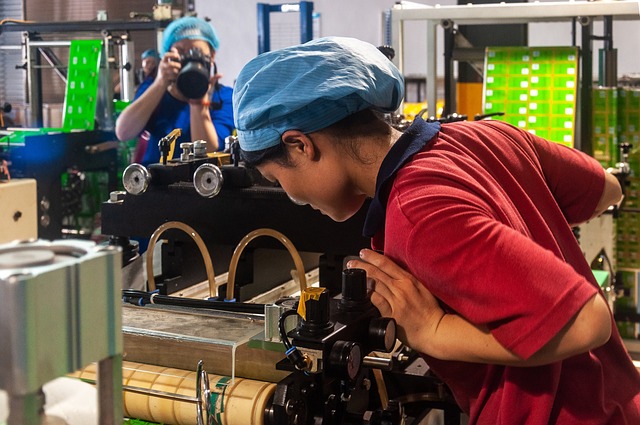When a company wants to produce goods but lacks the expertise, equipment, or resources necessary, they turn to contract manufacturing companies. These specialized companies, also known as co-packers or contract packagers, are responsible for the entire manufacturing process – from sourcing raw materials to packaging the final product.
Contract manufacturing can be beneficial to companies in many ways. It allows them to focus on their core competencies while outsourcing specialized tasks to companies with specific expertise. It also provides greater flexibility in responding to market demand and reducing overhead costs associated with maintaining a large production facility.
So, how does it work? A company seeking to outsource production first identifies potential contract manufacturing companies. They then send a request for proposal RFP detailing their requirements, such as quantity, quality standards, and delivery timelines. The contract manufacturer evaluates the RFP and provides a quote for the production services.
If the terms are acceptable, the two parties enter into a contract, specifying the terms of the manufacturing agreement. The contract manufacturer then procures the raw materials, produces the product, and packages it as per the specifications. Once the product is ready, it is shipped to the company for distribution or further processing.
The benefits of contract manufacturing go beyond reduced costs and increased flexibility. Companies can also leverage the specialized knowledge and experience of the contract manufacturer to improve product quality, streamline processes, and reduce lead times.
However, it is crucial to choose the right contract manufacturer for the job. Companies must carefully evaluate the prospective co-packer’s capabilities, quality standards, and production processes before entering into a contract. Failure to do so may result in delays, quality issues, and even legal disputes.
There are several types of contract manufacturing companies, each specializing in a particular type of product or industry. Some contract manufacturers specialize in packaging, while others focus on highly specialized products, such as pharmaceuticals, electronics, or aerospace components.
One popular type of contract manufacturing is private labeling. In this arrangement, a company outsources the production of their product to a contract manufacturer, who then packages the product under the company’s brand name. Private labeling can be an effective way for companies to enter new markets quickly. It also allows them to focus on marketing and sales rather than production.
Another type of contract manufacturing is toll manufacturing. In this arrangement, the contract manufacturer produces the product using specific equipment or processes owned by the company. The company pays the contract manufacturer for the labor and resources used to produce the product.
Choosing the right contract manufacturer is essential for companies seeking to outsource production. It is important to evaluate the contract manufacturer’s expertise, experience, quality standards, and production capacity before entering into a contract.
Contract manufacturing companies are specialized firms that provide production services to companies lacking the expertise, equipment, or resources necessary to produce goods. It can be beneficial for companies to outsource production to contract manufacturers, as it provides increased flexibility and reduced costs. However, companies must carefully evaluate the prospective co-packer before entering into a contract to ensure quality standards are met.




